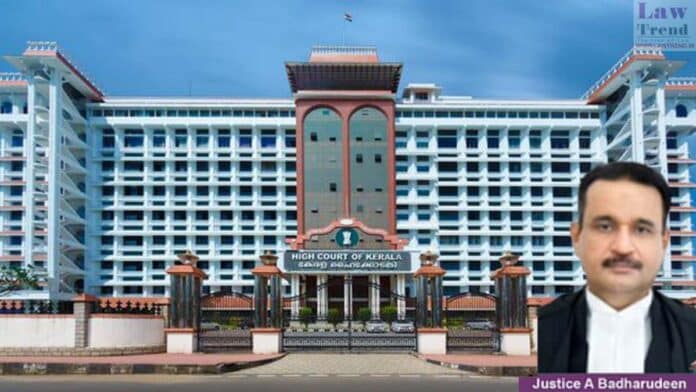In a pivotal ruling affirming the rights of the accused, the Kerala High Court has held that an accused person is entitled to access case documents, including digital evidence, unless they intrude upon the privacy of the victim. The judgment, delivered by Justice A. Badharudeen on November 8, 2024, in Crl.Rev.Pet No. 1218 of 2024,
To Read More Please Subscribe to VIP Membership for Unlimited Access to All the Articles, Download Available Copies of Judgments/Order, Acess to Central/State Bare Acts, Advertisement Free Content, Access to More than 4000 Legal Drafts( Readymade Editable Formats of Suits, Petitions, Writs, Legal Notices, Divorce Petitions, 138 Notices, Bail Applications etc.) in Hindi and English.




